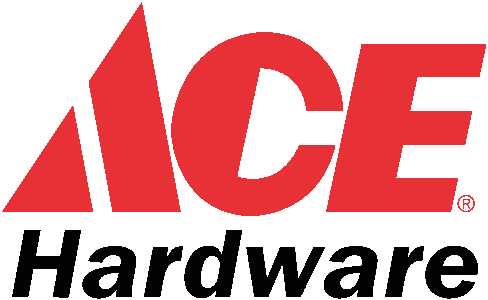Key Findings
- Ace Hardware is largely failing to publicly address toxic chemicals that may be in the products it sells.
- In 2019, the retailer followed the lead of its peers in stopping the sale of chemical paint removers containing two especially dangerous chemicals, the only source of points in this scorecard. The retailer otherwise has not made any significant public-facing commitments.
Recommendations for Ace Hardware
- Ace Hardware can make progress by developing a public written safer chemicals policy, developing and enforcing a public beyond restricted substance list (BRSL), and setting public quantifiable goals with clear timelines for reducing and eliminating chemicals of high concern (CHCs) and/or plastics of environmental health concern (PEHCs).
- We urge the company to eliminate and safely replace any per- and polyfluoroalkyl substances (PFAS), toxic flame retardants, and phthalates that may be in the products it sells. The company should also eliminate PEHCs from its product and packaging materials. Ace Hardware should publicly disclose the alternatives used to replace CHCs or PEHCs after eliminating them.
- The company should become a signatory to the Chemical Footprint Project and pilot it with key private label suppliers.
Grade History
Raise your voice! Send a message to the retailers who earned an F to protect their customers!
Take Action
How does Ace Hardware compare to its competitors?
Analysis of Ace Hardware
Oversight: Established management responsibilities and incentives
Disclosure: Requires suppliers to report use of chemicals in products to retailer
Action: Reduced or eliminated chemicals of high concern (CHCs) or plastics of environmental health concern (PEHCs) within the last three years
Safer Alternatives: Evaluates safer alternatives, avoids regrettable substitutes
Transparency: Demonstrates a commitment to transparency and public disclosure
Third-party Standards: Promotes credible third-party standards for safer products
Extra Credit:
Joint Announcement: Public commitment demonstrated through joint announcement
Continuous Improvement: Shows continuous improvement by steadily expanding safer chemicals policy
Collaboration: Actively participates in collaborative process to promote safer chemicals
Impact Investment: Investing financial resources into independent research into safer alternatives and/or green chemistry solutions


